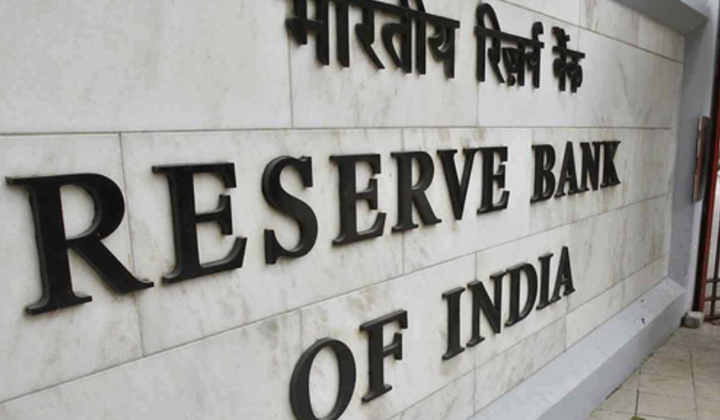Banks across India have welcomed the Reserve Bank of India’s recent move to allow acquisition financing for companies, but they believe the proposed restrictions are too tight. As per the draft guidelines, banks can fund corporate takeovers, but their total exposure to acquisition loans cannot exceed 10% of their Tier-I capital. Many banks feel this cap is too low for today’s large and complex M&A deals, and they are now urging the RBI to make the rules more flexible.
What the RBI Has Proposed
RBI’s draft norms aim to bring structure and discipline to acquisition financing. The guidelines state that:
-
Banks can lend for corporate acquisitions, including cross-border deals.
-
Total exposure toward acquisition funding must stay within 10% of Tier-I capital.
-
The acquiring company must be a listed and profitable entity with a clean financial track record.
-
The acquirer must bring at least 30% equity, ensuring banks do not take on excessive risk.
These norms are meant to ensure stability while giving corporates more financing options.
Why Banks Want Relaxation
Banks argue that the 10% limit is too restrictive, especially when many acquisition deals in India today run into thousands of crores. For large transactions, a higher exposure limit is required. They highlight three main concerns:
1. Large Deals Need Larger Limits
Big-ticket mergers especially global acquisitions often require financing well beyond the 10% threshold. Banks fear they may lose out on such opportunities if limits are too tight.
2. Competition from Global Lenders
International banks and private credit funds already offer flexible acquisition financing. If Indian banks remain restricted, corporates might prefer offshore lenders.
3. Economic Growth Opportunity
Banks believe that supporting acquisitions helps Indian companies expand, consolidate and become globally competitive. Relaxing the cap could therefore contribute to economic growth.
What Relaxation Could Mean
If RBI accepts banks’ requests and raises the cap, several positive outcomes may follow:
-
Banks could participate in more high-value deals.
-
Corporates would get easier access to structured financing.
-
India’s M&A activity could further strengthen, supporting economic expansion.
-
Domestic banks may regain competitive edge against foreign institutions.




 Detailed Comparision Between RBI Assista...
Detailed Comparision Between RBI Assista...
 NBFC Full Form
NBFC Full Form
 Is SBI Clerk Exam More Difficult Than IB...
Is SBI Clerk Exam More Difficult Than IB...








